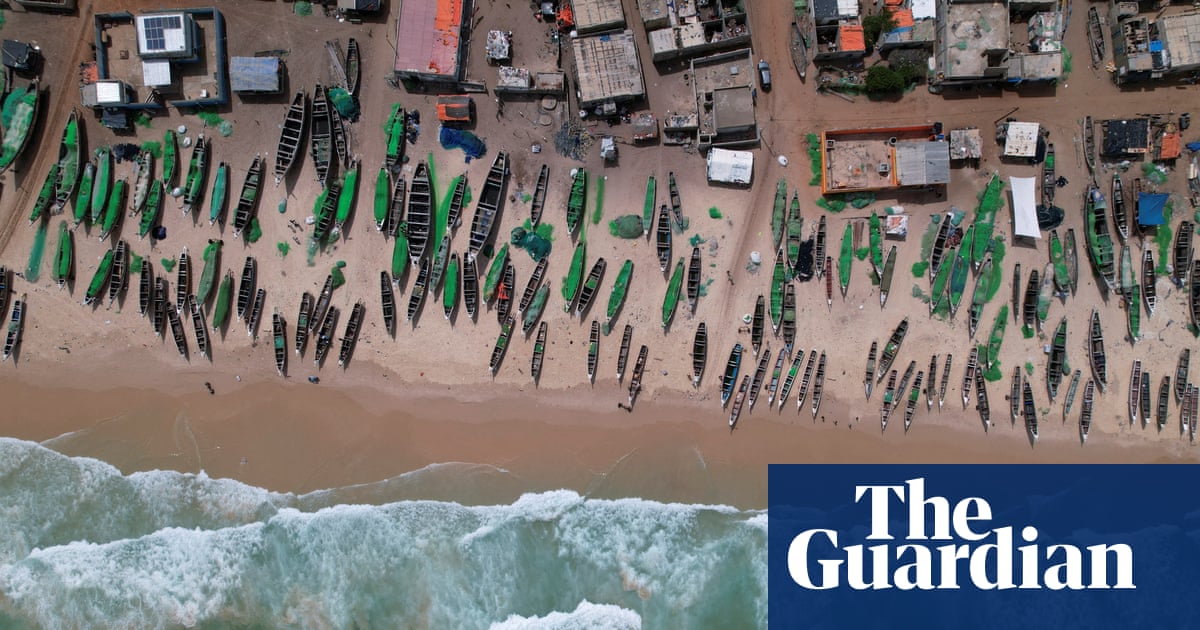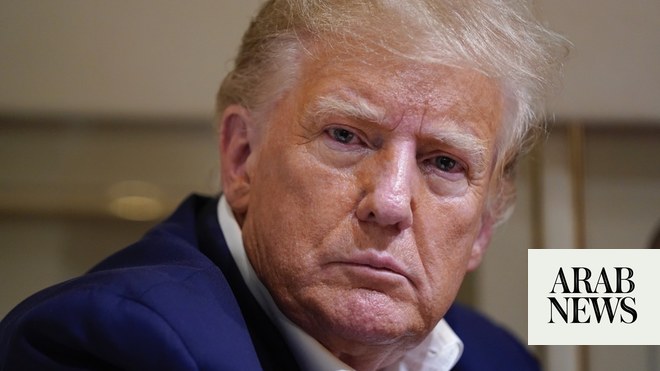
PRAIA, Oct 17 (Reuters) - Cape Verde, an island in the central Atlantic Ocean, voted on Sunday for a new president who faces the task of stabilising its tourism-driven economy after the ravages of the COVID-19 pandemic.
Seven candidates are vying to replace Jorge Carlo Fonseca, who has reached the end of his two-term limit, but only two are widely considered to command enough popular support to be real contenders: Carlos Veiga and Jose Maria Neves.
Both are former prime ministers of the country which is off the West African coast and is one of the continent"s most stable democracies.
Veiga, from Fonseca"s centre-right Movement for Democracy (MpD), served from 1991 to 2000. Neves, of the leftist African Party for the Independence of Cape Verde (PAICV), held the position from 2001 to 2016.
Election workers began counting ballots shortly after polls closed at 6 p.m. local time (1900 GMT). Provisional results were expected later in the evening.
The economy was the dominant issue of the campaign. It contracted 14% in 2020 as border closures caused by the pandemic cut off Cape Verde"s beaches and mountains from tourists. It is expected to bounce back this year with growth of nearly 6%.
"In the last two years we have had complicated moments with the pandemic," said Daniel Ferreira, a psychiatrist in the capital Praia, after voting for the 71-year-old Veiga.
"We want to choose a president who can be the arbiter of the system and can contribute to the development of Cape Verde. I voted for candidate Carlos Veiga because he guarantees to respect the rule of law and human rights."
After casting his ballot, Veiga said he was confident of victory. Neves, 61, told reporters he hoped the country"s institutions would remain impartial despite the MpD"s control of the presidency and parliament.
"The most important thing has already been done. We did the sowing. Let"s wait for Cape Verde to win," Neves said.
The MpD and PAICV have accounted for all of Cape Verde"s presidents - two apiece - since independence from Portugal in 1975. Democratic presidential elections have been held since 1991.
The MpD maintained its parliamentary majority in an April election despite criticism from the PAICV over its handling of the pandemic. read more
The presidential election will head to a run-off if no candidate receives more than 50% of first-round votes.









